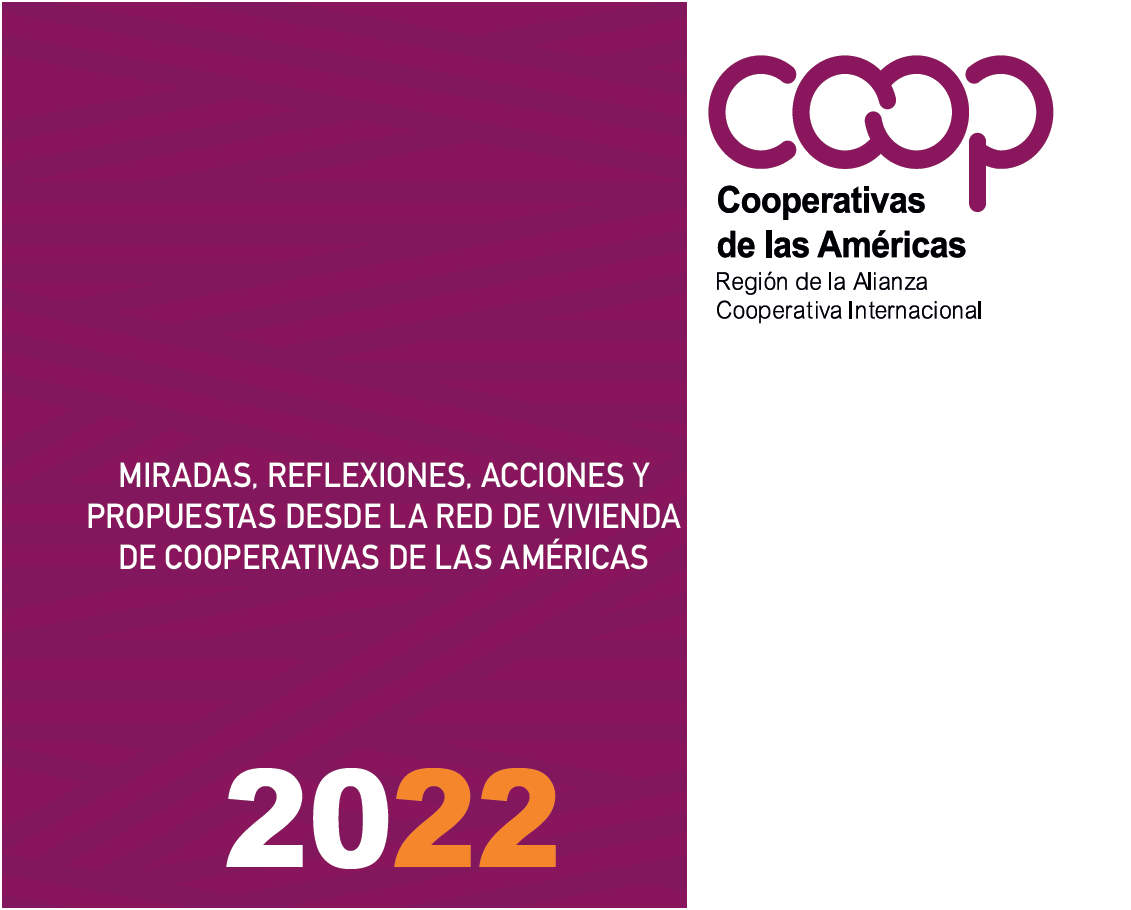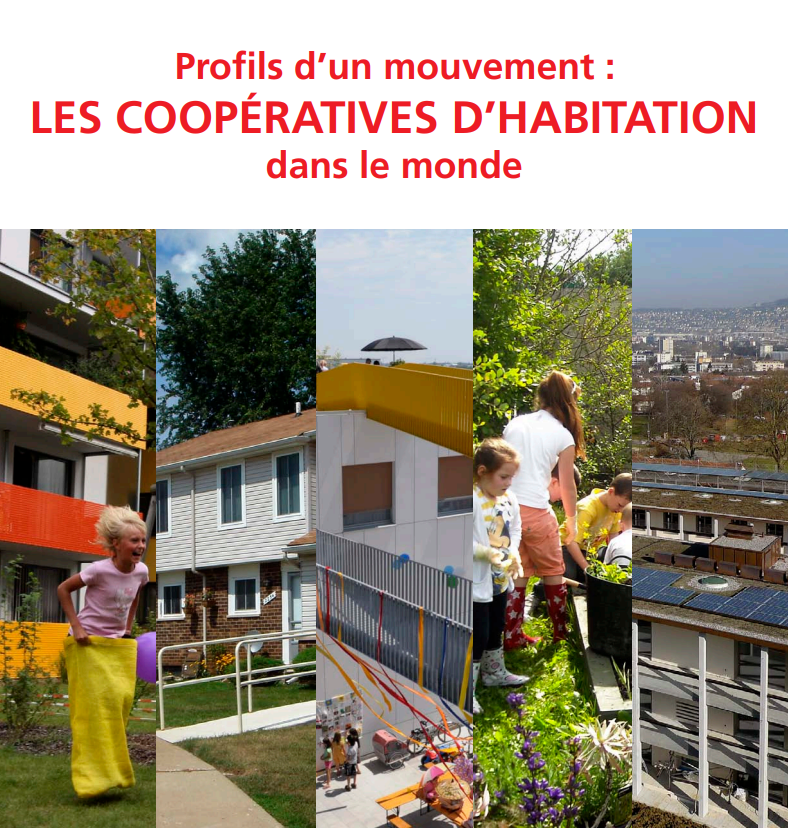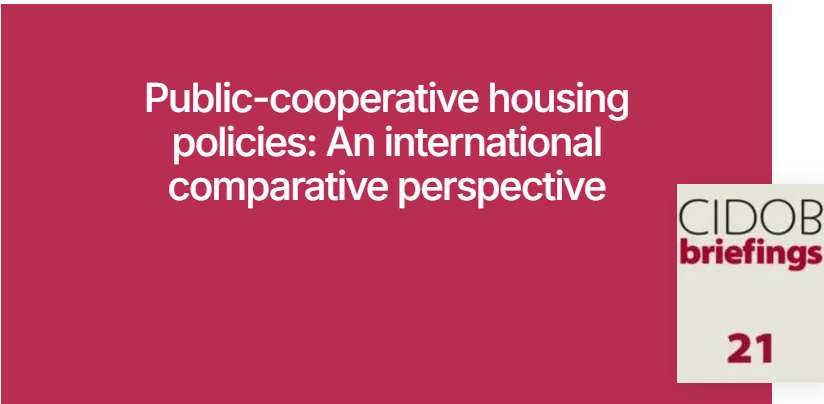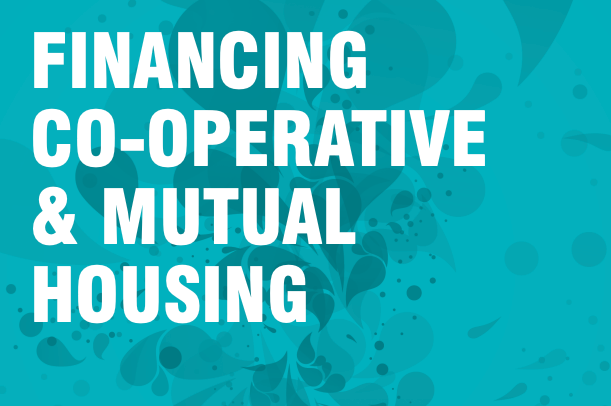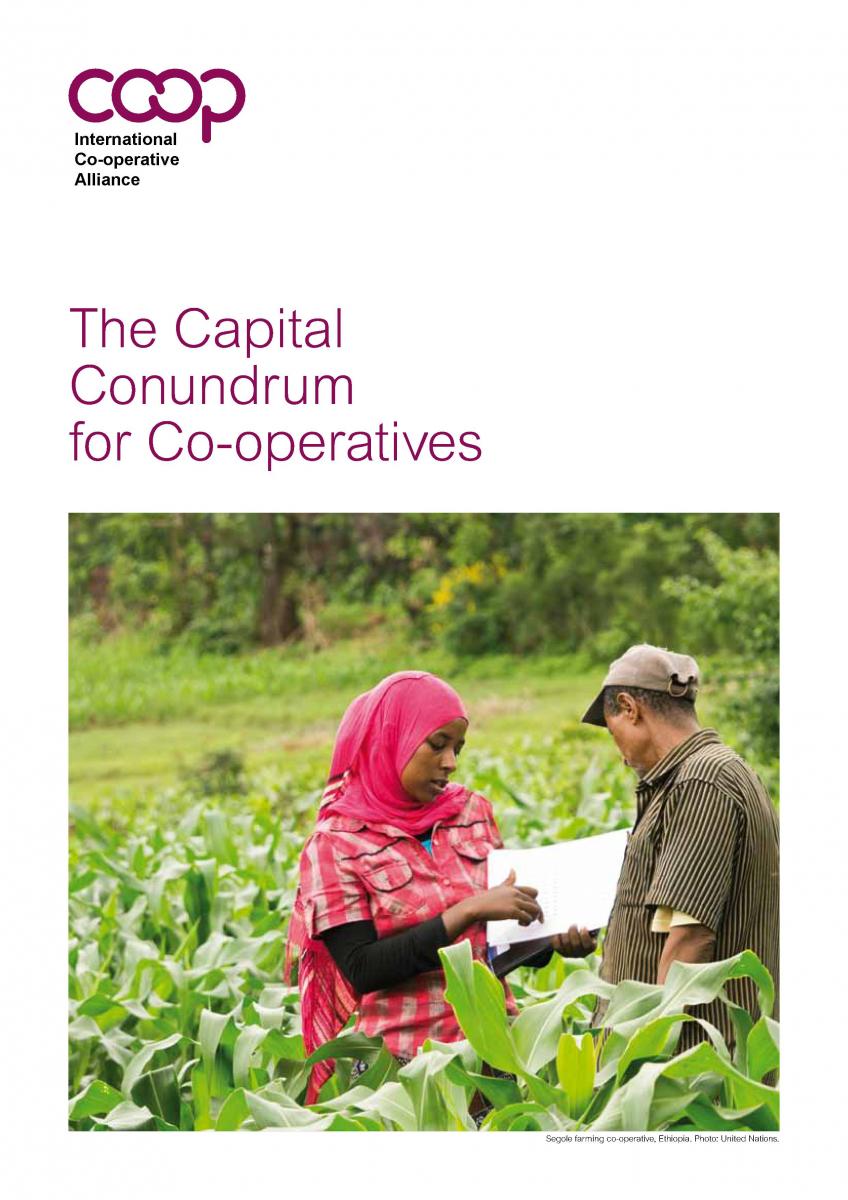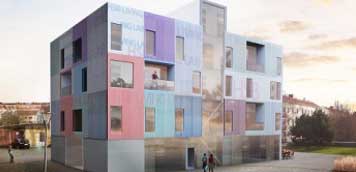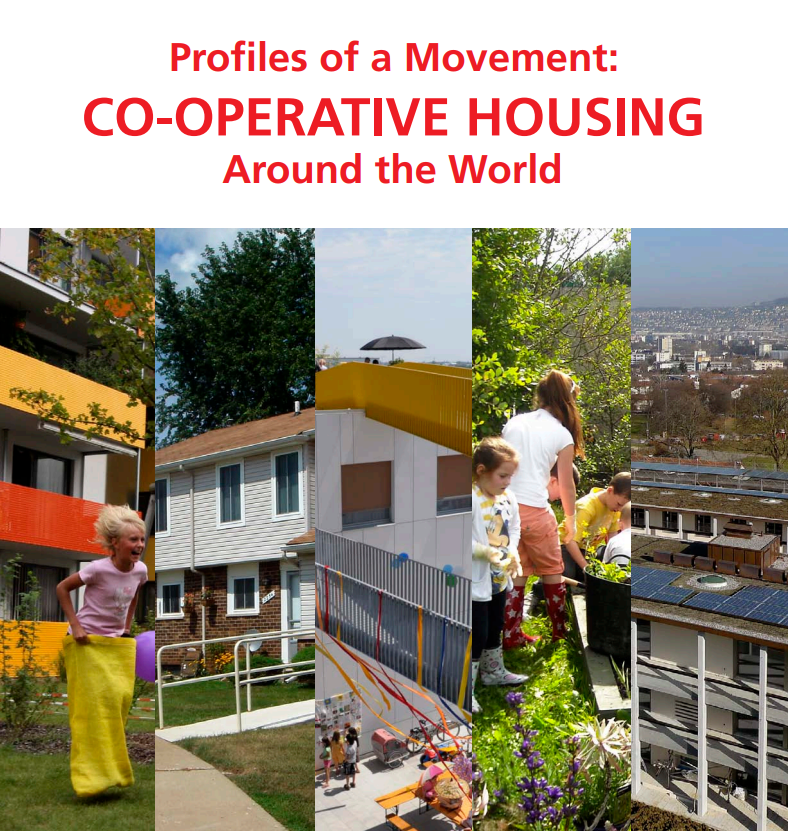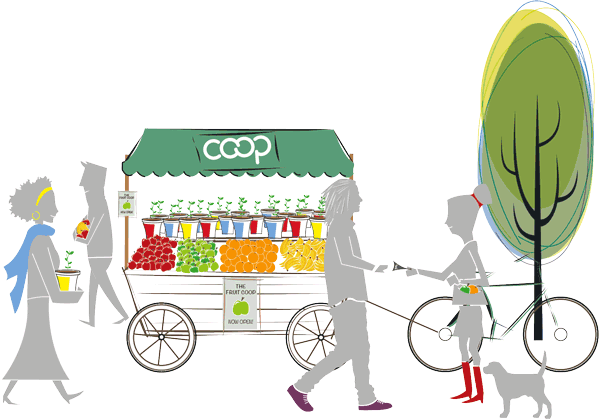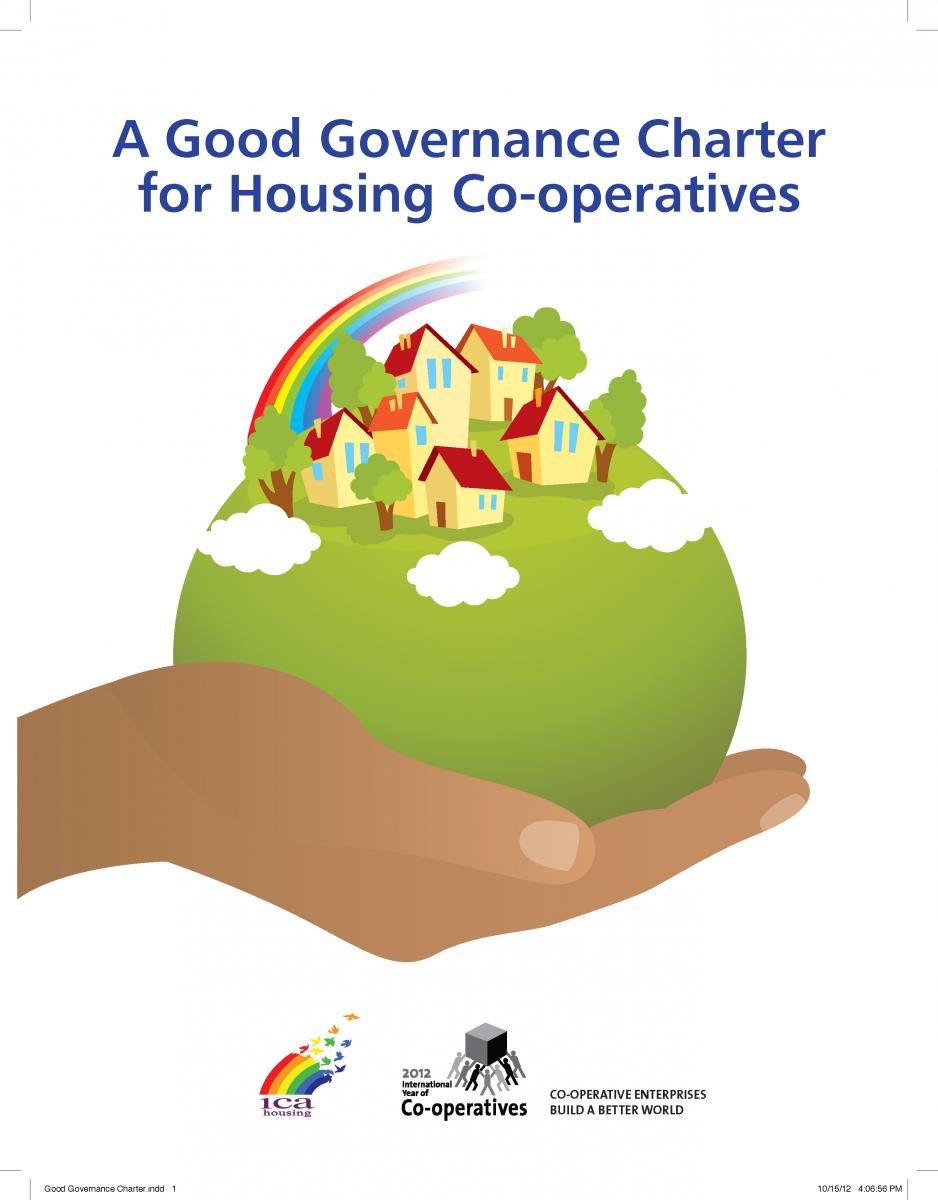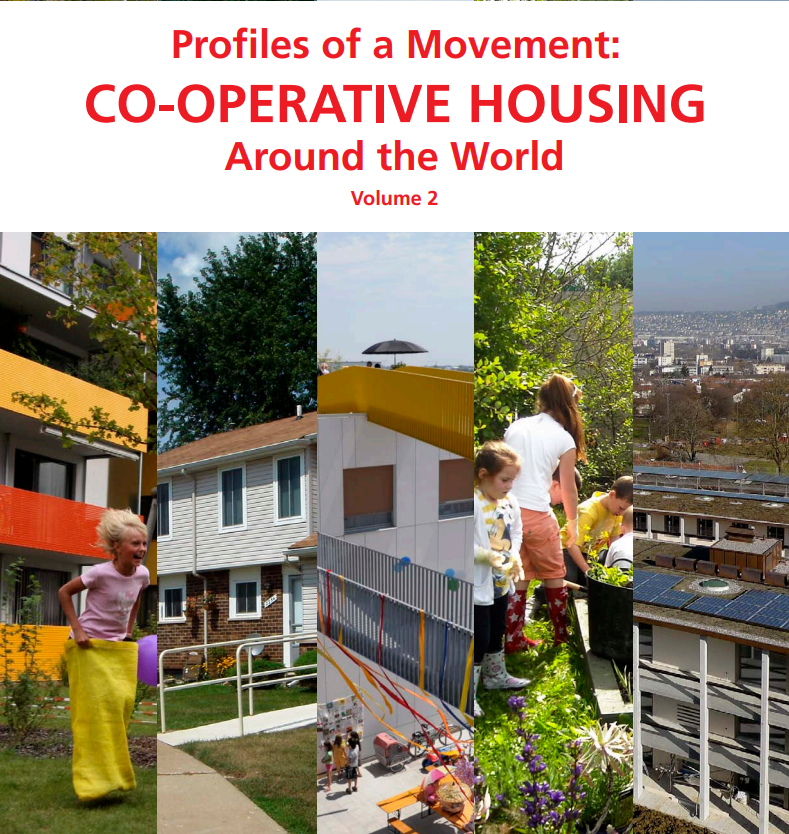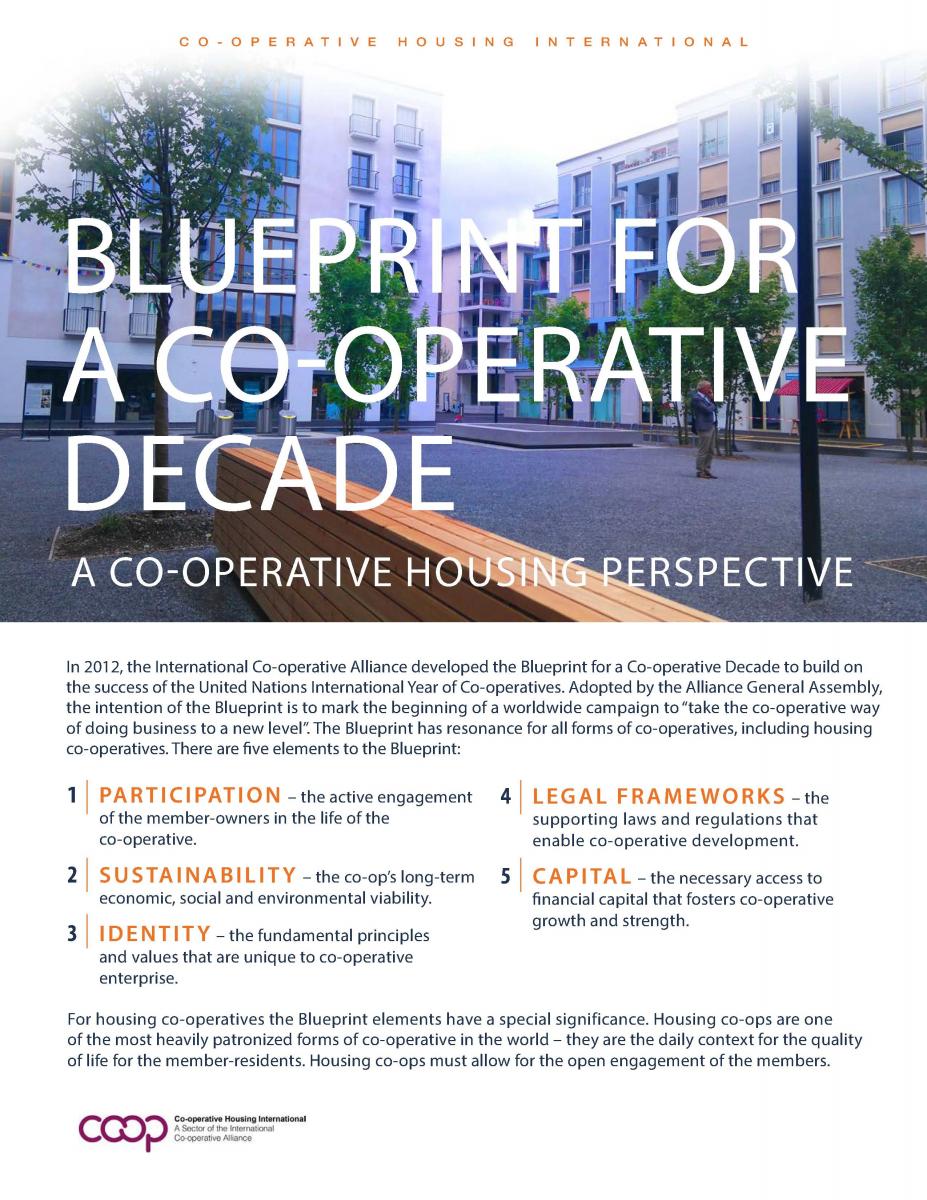About Chile

San Pedro de la Paz
Historical Evolution of Co-operative Housing in Chile
Co-operative housing in Chile has experienced a dynamic evolution, shaped by shifting political landscapes, economic policies, and grassroots initiatives. From early 20th-century beginnings to contemporary efforts addressing housing shortages, co-operatives have played a pivotal role in promoting affordable, community-driven living solutions.
Chile’s co-operative housing movement traces its roots to the early 20th century, with significant growth during the mid-century under state-supported programs. However, the 1973 military coup led to a neoliberal shift, resulting in the demobilization of co-operative initiatives and a move towards market-driven housing policies. This period saw a decline in co-operative housing development and a fragmentation of existing communities. Source
Social Inequality
The GDP per capita of Chile is 16,616 USD (World Bank, 2023), ranking it 24th in inequality among OECD countries. One of the main signs of social inequality is the lack of access to basic welfare conditions, suitable housing for middle-class, emerging, and vulnerable families. The housing shortage is measured based on the following three criteria (INE National Statistics Institute):
1) living in an unrecoverable home
2) forming a close household
3) belonging to overcrowded secondary nuclei
Over the past 25 years, there has been a significant reduction in the housing shortage at a national level through subsidized housing initiatives. However, the number of families living in camps has increased by 48% from 2011 to 2017, with 40,541 families residing in 702 camps.
Presently, programs are in place to assist families in camps, such as the Housing Solidarity Fund (D.S 49) by the Ministry of Housing and Urban Development, and the Social Integration subsidies (DS No. 116, later replaced by DS No. 19).
Integration subsidies aim to promote social integration, reduce inequalities, and enhance citizen participation through policies, programs, and initiatives focused on creating high-quality housing, well-equipped neighbourhoods, and socially and territorially integrated cities. Moreover, they contribute to the reactivation of the economy by providing incentives for the development of housing projects for purchase with a state subsidy.
Legal and Institutional Framework
The legal landscape for co-operative housing in Chile is multifaceted, involving various statutes and regulations that govern co-operative formation, land use, and housing development. While there is no singular national law dedicated exclusively to housing co-operatives, existing legal provisions allow for the establishment and operation of such entities. Recent policy shifts have aimed to strengthen the role of co-operatives in housing provision, recognizing their potential to address affordability and community cohesion.
The Chilean Ministry of Housing and Urban Planning (MINVU), also known as the Ministry of Housing and Urbanism, is the government body responsible for planning, developing, and managing urban and habitable spaces in Chile. Its mission is to build socially integrated cities, recovering and transforming environments, and promoting access to adequate housing.
Conavicoop
Conavicoop (Constructora Nacional de Viviendas Cooperativas Limitada) is one of Chile’s foremost housing co-operatives, established on December 20, 1974, in response to a significant national housing deficit and limited access to formal financing for low-income families. (Source)
Over its 50-year history, Conavicoop has delivered more than 73,000 housing solutions across Chile. It aims to provide affordable, high-quality homes to families from diverse socio-economic backgrounds . The co-operative offers comprehensive support throughout the homeownership process, including savings planning, assistance with housing subsidies, and mortgage management. (Source)
Conavicoop’s projects emphasize community development, sustainability, and social integration, contributing significantly to reducing Chile’s housing deficit and promoting inclusive urban growth .
Housing Demand
As of 2022, Chile’s Ministry of Housing and Urban Development (Minvu ) estimated the national housing demand at approximately 643,534 homes. This figure was derived from data collected in the 2017 Census and accounts for around 80,000 families residing in informal settlements or encampments. gob.cl
To address this significant housing shortage, the Chilean government launched the Emergency Housing Plan in 2022. The plan aims to construct 260,000 housing units by March 2026, thereby covering at least 40% of the estimated housing deficit. (Source)
The housing shortage is most acute in the Metropolitan Region, which accounts for about 40% of the national deficit, followed by the Valparaíso and Biobío regions. gob.cl
It’s important to note that different organizations may report varying figures regarding the housing deficit. For instance, the Chilean Chamber of Construction’s 2022 Housing Balance report estimated the national housing requirements at 935,000 homes, marking a 13% increase since 2017 and the highest level recorded to date.
Financing Mechanisms
Financing for co-operative housing in Chile involves a combination of government subsidies, member contributions, and external funding from non-governmental organizations. The Ministry of Housing and Urban Development’s initiatives provide financial support for land acquisition and construction. Additionally, innovative projects like Quinta Monroy have demonstrated alternative financing models that blend public funding with resident investment, enabling affordable and adaptable housing solutions.
Chile’s Emergency Housing Plan: Tackling the Housing Deficit and Inequality
Launched in 2022, Chile’s Emergency Housing Plan is a government initiative led by the Ministry of Housing and Urban Development (Minvu). It’s aim is to address the country’s long-standing housing crisis and unequal access to decent housing. The plan marks a significant shift toward restoring the state’s leadership role in housing development and urban planning.
Key Objectives of the Emergency Housing Plan
-
Reinstate the State’s Leadership Role in housing planning, development, and land management.
-
Deliver 260,000 Housing Units during the current government term, with a focus on speed, quality, and equity.
-
Promote Projects Nationwide, ensuring they are present in all municipalities and include social infrastructure.
-
Strengthen the Public Land Bank to increase the availability of land for social housing.
-
Diversify Housing Access Models, including support for housing co-operatives, self-managed projects, and fair-price rental schemes.
-
Engage Directly with Residents and Local Governments to tailor solutions to real community needs.
-
Modernize Construction Methods, adopting sustainable, efficient, and cost-effective building techniques.
Addressing Emerging Housing Challenges
The plan is designed to reflect recent trends and challenges in Chile’s housing landscape, including:
-
High rental prices and increasing housing mobility
-
Informal settlements and encampments
-
Overcrowding, social isolation, and inadequate housing conditions
-
Excessive delays in housing allocation for community-based committees
-
Lack of protection for vulnerable groups
By recognizing and responding to these issues, the plan expands the range of housing tenures available and integrates proposals from regional and municipal governments. This approach ensures that solutions are locally relevant and nationally coordinated.
Monitoring, Accountability, and Measurable Goals
The Emergency Housing Plan sets annual targets by region and municipality, and includes a system for tracking progress. Regular updates will be reported to Congress to ensure transparency and accountability.
Focus on Encampments: “Construyendo Barrios” (Building Neighborhoods)
A central component of the plan addresses the urgent needs of the roughly 80,000 families living in encampments. The Construyendo Barrios program aims to regularize and urbanize 300 informal settlements, ultimately benefiting approximately 25,000 families. These efforts are focused on integrating marginalized areas into the urban fabric with infrastructure, services, and legal housing solutions.
As of February 2025, 181,042 homes have been completed or handed over.
Another 126,955 homes are under construction.
Cooperative Housing Models
Limited cooperatives: These cooperatives have a maximum of 200 members and limited capital. They need to apply for a new legal status every time they reach 200 members. Each time they apply, they start without prior experience in financing and construction. It’s challenging to certify their savings, and their members are restricted to a single housing complex (Ruiz-Tagle, J., 2020).
Open cooperatives: These organizations make a permanent contribution to their members’ housing issues. To operate, they require a minimum capital, have an unlimited number of members (but at least 200), and operate indefinitely. They can be a single cooperative with different housing plans, and they can provide financing facilities and savings certification. The main goal of an open cooperative is to find housing solutions for its members without profit motives, providing the following services: – Organizing demand and educating members on the importance of systematic savings to achieve homeownership goals – Developing housing programs with appropriate urban planning, architecture, and construction techniques at competitive costs – Delivering homes at their actual costs, benefiting from economies of scale For instance, Conavicoop is one of Chile’s largest open housing cooperatives and one of the 1,403 cooperatives in Chile. It is also one of the two cooperatives in Chile that are part of the International Cooperative Alliance (ICA).
Resources Tagged "Chile"
This Spanish publication describes the housing situation in Central and South American countries that are active members of the Cooperative Housing Network of the Americas. This is only a sample of the situation in the region as a whole.Read More
Research Argentina Report
L'habitat coopératif offre des logements abordables à long terme, gérés par les résidents, avec des avantages sociaux, économiques et environnementaux avérés. Malgré son impact mondial, ce secteur reste méconnu.Read More
Financing and Development Global Report
Explore public policies supporting cooperative housing worldwide in this comprehensive report. Discover how governments and cooperatives collaborate to create sustainable and affordable housing solutions globally.Read More
Research Global Research Paper
The Commission's final report on Cooperative and Mutual Housing (Bringing Democracy Home) highlighted the need for consideration of the role that cooperative and mutual housing could play in the national housing strategy. The Fina ...Read More
Financing and Development Global Report
Par cette publication, nous souhaitons ouvrir le débat sur le logement en tant que droit fondamental et enjeu métropolitain, en mettant en lumière l’expérience de grandes métropoles et dans l’espoir d’inspirer des idées nouvelles pour aborder cet enjeu absolument fondamental de l’urbanisation moderne.Read More
Advocacy Global
In 2000, United Nations (UN) member states recognised the need to build global partnerships for development and the exchange of expertise as one of the Millennium Development Goals. Across the international development field, part ...Read More
Financing and Development Global
New report: The Capital Conundrum for Co-operatives "The Capital Conundrum for Co-operatives", a new report released by the Alliance’s Blue Ribbon Commission explores ideas and options available to co-operatives that need suitab ...Read More
Financing and Development Global
Financing the development of housing co-operatives is a challenge and more so in time of financial restrictions and uncertainty. CHI members discussed the issue during a seminar held in November 2009 in Geneva. Presentations w ...Read More
Financing and Development Global
The Forest Products Annual Market Review 2013 reports that the development of new refinement processes has led to the production of new and more affordable wood based products such as cross-laminated timber (CLT). The report sta ...Read More
Sustainability Global
Updated Guidance Notes on the Co-operative Principles, edited by David Rodgers, former President of Co-operative Housing InternationalRead More
Governance Global
The ILO views cooperatives as important in improving the living and working conditions of women and men globally as well as making essential infrastructure and services available even in areas neglected by the state and investor-driven enterprises. Cooperatives have a proven record of creating and sustaining employment – they provide over 100 million jobs today; they advance the ILO’s Global Employment Agenda and contribute to promoting decent work.Read More
Legal Global
Cooperative housing offers long-term, affordable homes governed by residents, with proven social, economic, and environmental benefits. Despite its global impact, the sector remains under-recognized.Read More
Financing and Development Europe Report
Student housing cooperatives have become very popular in the USA and many of these housing co-operatives are members of organizations such as NASCO. Unlike a resident who acquires shares at market rates to earn the right to occupy ...Read More
Community Global
The Good Governance Charter for Housing Co-operatives was launched at the ICA Housing Plenary in Manchester in November 2012.It has three parts:A 10-point set of good governance practicesAn interpretive statement for each good p ...Read More
Governance Global
This second volume of Housing Co-operative Profiles focuses on African countries, showcasing the ingenuity and commitment of cooperators working under difficult conditions. It offers insights into the legal, financial, and historical contexts of housing co-ops, aiming to inspire broader adoption of the model as a solution to the global housing crisis.Read More
Community Global Report
The Blueprint for a Co-operative Decade is a worldwide campaign to “take the co-operative way of doing business to a new level”. The five key elements of the Blueprint are participation, sustainability, identity, legal frameworks and capital. The Blueprint is particularly relevant to co-operative housing and the Blueprint interpretation for co-operative housing below explains how.Read More
Governance Global
